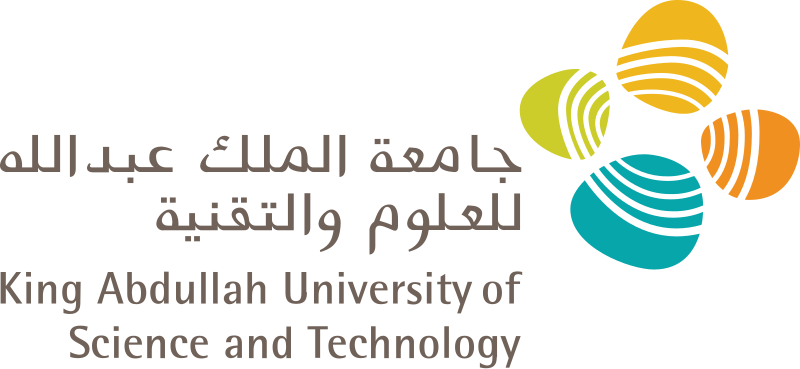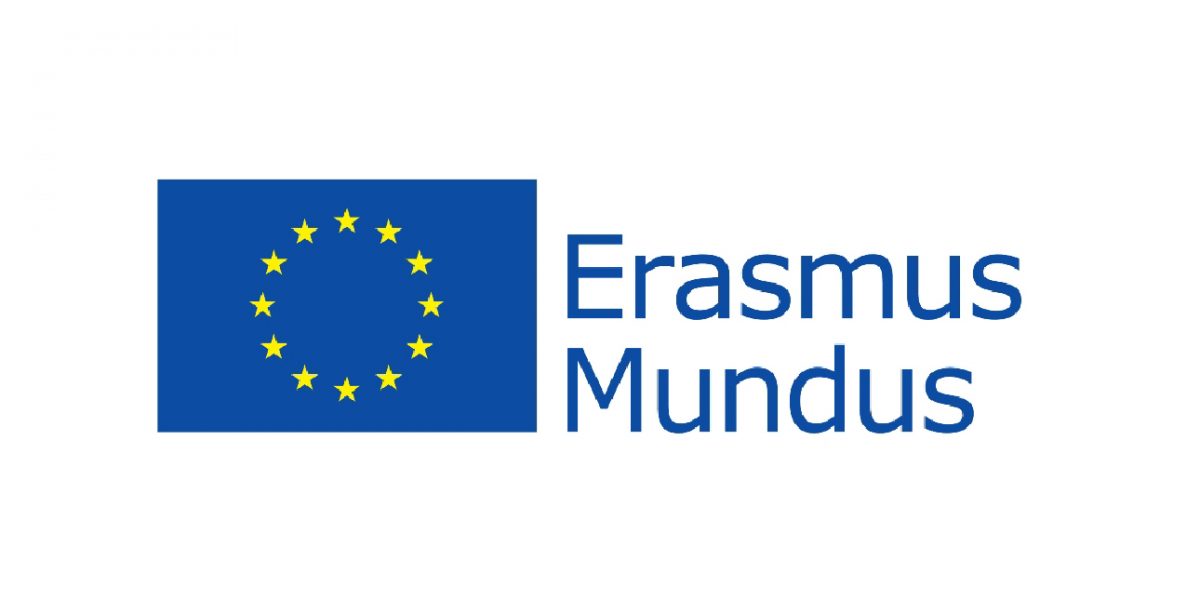
Applying to KAUST - Your Complete Guide for Masters & Ph.D. Programs (Upcoming Admissions)
Admissions Overview & Key Requirements

The University of Edinburgh has been officially designated as the United Kingdom’s first National Supercomputing Centre. The announcement was made as part of the UK’s new Compute Roadmap, a long-term strategy to strengthen digital research infrastructure and accelerate innovation across public services, industry, and academia.
The new status is a recognition of the University’s decades-long leadership in high-performance computing through its EPCC (Edinburgh Parallel Computing Centre), which currently hosts the national supercomputer ARCHER2. With this recognition, Edinburgh will now also host the UK’s next-generation national supercomputer.
The centre in Edinburgh is the first in a new network of National Supercomputing Centres that the UK Government plans to establish across the country. These hubs will function as regional engines for collaboration. They will also build stronger links with existing talent in their respective regions - giving all areas of the country a supporting role in the UK's ability to be an ‘AI maker’.
According to Chancellor Rachel Reeves, this investment is part of a broader Plan for Change, aimed at driving scientific breakthroughs, enhancing economic growth, and creating new jobs through home-grown AI capabilities.
Alongside the supercomputing announcement, UKRI (UK Research and Innovation) unveiled a set of new investments in which the University will play a leading role. These include:
The University of Edinburgh, long regarded as a pioneer in computer science and artificial intelligence and often credited as the birthplace of AI research in Europe, now stands poised to shape the next chapter of the UK's technological future.
“We will use all of our expertise and experience to develop the centre as a place of global excellence for the country, creating the best possible resource not only for our scientific and industry research partners, but for the UK population as a whole,” said Professor Mark Parsons, Director of EPCC.
The new National Supercomputing Centre is expected to become fully operational alongside the launch of the next-generation national supercomputer and will serve as a cornerstone in the UK’s ambition to lead the world in responsible, innovative, and inclusive artificial intelligence.
Share

Applying to KAUST - Your Complete Guide for Masters & Ph.D. Programs (Upcoming Admissions)
Admissions Overview & Key Requirements

Erasmus Mundus Joint Master's 2026 (Upcoming Admissions)
Erasmus Mundus programs are scholarships available to students worldwide, offering fully-funded Master’s degrees to study in Europe!

Registration Opens for SAF 2025: International STEAM Azerbaijan Festival Welcomes Global Youth
The International STEAM Azerbaijan Festival (SAF) has officially opened registration for its 2025 edition!

Young Leaders Union Conference 2025 in Paris (Fully Funded)
Join Global Changemakers in Paris! Fully Funded International Conference for Students, Professionals, and Social Leaders from All Nationalities and Fields

An mRNA cancer vaccine may offer long-term protection
A small clinical trial suggests the treatment could help keep pancreatic cancer from returning

Yer yürəsinin daxili nüvəsində struktur dəyişiklikləri aşkar edilib
bu nəzəriyyənin doğru olmadığı məlum olub. Seismik dalğalar vasitəsilə aparılan tədqiqatda daxili nüvənin səthindəki dəyişikliklərə dair qeyri-adi məlumatlar əldə edilib.